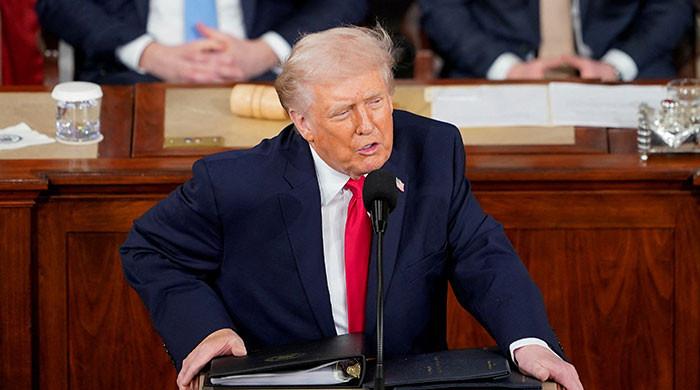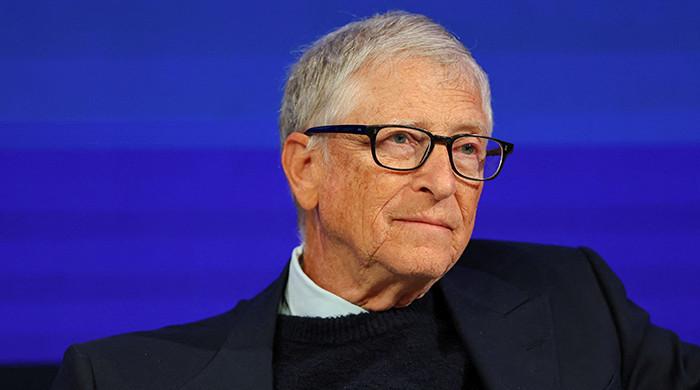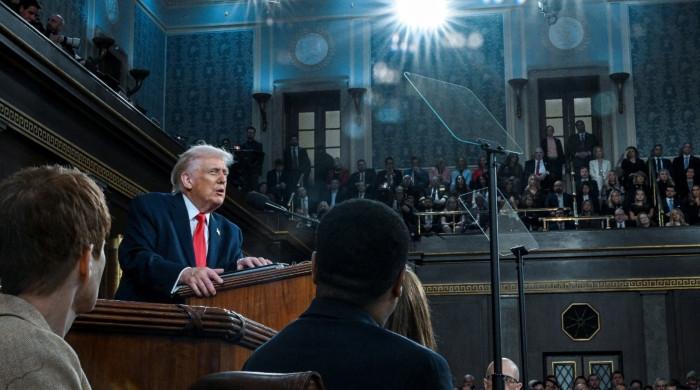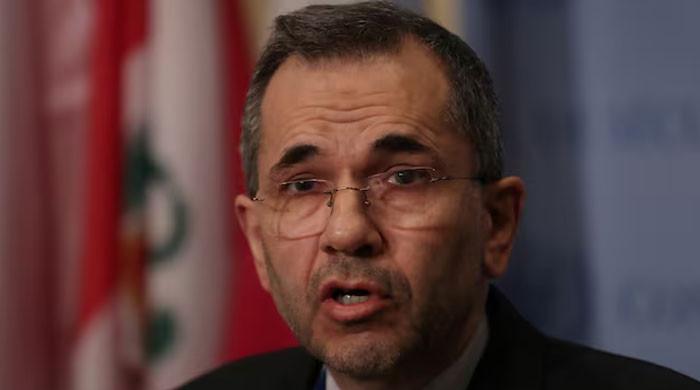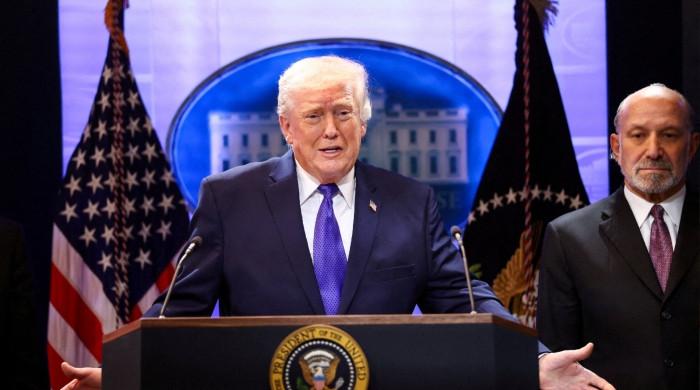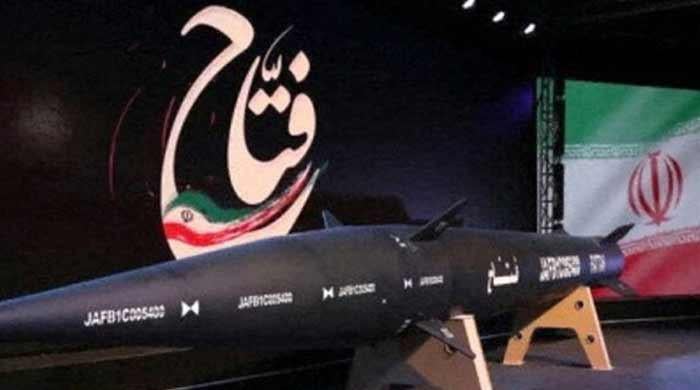British Muslims share views on how coronavirus will change Eid-ul-Fitr
It's clear the coronavirus pandemic will bring about a surreal, life-changing experience on Eid for all Muslims
May 18, 2020
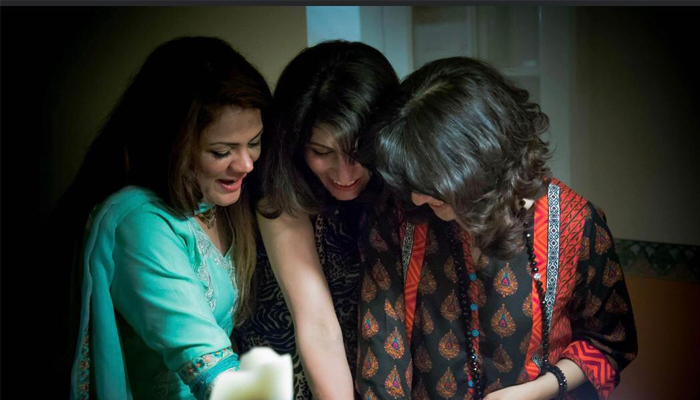
MANCHESTER: As the world enters the fourth month of the deadly coronavirus pandemic, the Muslim community prepares for their most cherished celebration of the year. Eid-ul-Fitr, for the first time for millions of Muslims, will be celebrated under lockdown in their homes.
Eid-ul-Fitr marks the end of Ramadan and is a celebration for fasting and completing religious duties for the entirety of the month. It's a communal month for Muslims, where communities strengthen ties, collectively engage in prayers, and mark the three-day holiday with glorious festive celebrations.
The novel virus has already led to Muslims practicing the holy month of Ramadan under strict guidelines to limit the spread of the virus. Therefore, Eid under lockdown could be both a challenge and a positive experience for Muslims around the world.
We spoke to British Muslims about their feelings and hopes for Eid this year, and for some, Eid feels like it has been “cancelled.”
“It feels as if Eid has been cancelled, and I won’t be able to see my family and friends, but I have decided that I will still dress up and Facetime everyone," said Zaina Naim, a lawyer from Birmingham.
"There are both positives and negatives; we can’t engage in celebrations such as ‘chaand raat’ and we definitely won’t be putting on henna and bangles on Lady pool road, which is very famous area in Birmingham for Eid festivities."
Naim further explained: "I used to celebrate extravagantly for Eid, however I forgot that Eid is essentially all about being grateful for the simple things in life. This pandemic has changed my perspective on living life; I appreciate simplicity more.”
Festivities are fundamental to the human experience of celebrating Eid, which consist of special food being prepared and friends and family being invited for joyful gatherings.
However, social distancing measures and cautionary lockdown measures mean that there will be no celebrations and gatherings for Muslims during Eid this year.
Furthermore, as the pandemic brings an economic collapse, and the world’s financial markets crash, saving money has become an objective for the majority of the population. Therefore, many Muslims are spending cautiously on Eid as the future remains uncertain. It has been reported by chancellor Rushi Sunak that “a significant recession” is soon to come and Muslims are preparing for this by not overspending this Eid.
Rosheel Shahid, a medical student from Manchester noted: “The lockdown has not impacted Eid as much as people think and we can still have celebrations, but they will be smaller. People should realise there are positives; for example, I am glad to save money and not overspend this year by going to unnecessarily expensive restaurants.”
Shahid further explained: “I used to spend hundreds of pounds on luxurious Pakistani attire from the best designer outlets in Manchester, but this year I won’t be doing that.”
Although the negative impacts of the pandemic might be real, for most of humanity very few experiences can feel like “living through history.” As the coronavirus sweeps the globe, the world order is being reshaped in front of our very eyes which is a time to cherish for many Muslims.
Lazo, an architect from Manchester, said: "Many people are so upset about Eid this year, but for me this is a surreal once in a lifetime experience that will soon surpass. I’ve been blogging my experience under lockdown and every day is different.
"I have not seen the inside of a mosque for two months, which is a strange but a surreal feeling. I will definitely never forget this and will remember this for life.”
Additionally, for some Muslims, this Eid is the great equaliser as both rich and poor can focus on true spirituality and less on materialism.
This is because for the first time in history, both the rich and the poor in the Muslim world will be celebrating Eid under similar circumstances. Rich families have known to spend Eid in opulence and it is well reported that Eid boosts luxury retail, with people spending thousands of pounds on dresses alone.
“As a Muslim man, Eid means so much to me and many others who have come and gone in this world; for the rich and the poor, this pandemic is a realisation that life is so short, we should use this opportunity to focus on our personal goals of spirituality rather than materialism and superficiality,” said Elias, from New York City.
However, for many Muslims, the doom and gloom of the pandemic has stolen the usual excitement of Eid this year.
Amna Ahmed, a lawyer from Manchester, stated: "I would be lying if I said that Eid will be fun this year; there will be no getting dolled up, no salon appointments and definitely no parties. Usually, my friends and I would celebrate on Rusholme in Manchester, which is a famous road for locals due to its vibrancy and desi atmosphere.
"We live in the Western world, we don’t always get holidays to celebrate Eid which is difficult in itself, however the gloom of the pandemic has taken the positivity of Eid away from us.”
For the most part it is clear that the coronavirus pandemic will bring about a surreal, life-changing experience on Eid-ul-Fitr for all Muslims this year and it is evident that Eid this year will not be celebrated in its usual dazzling spirit.




